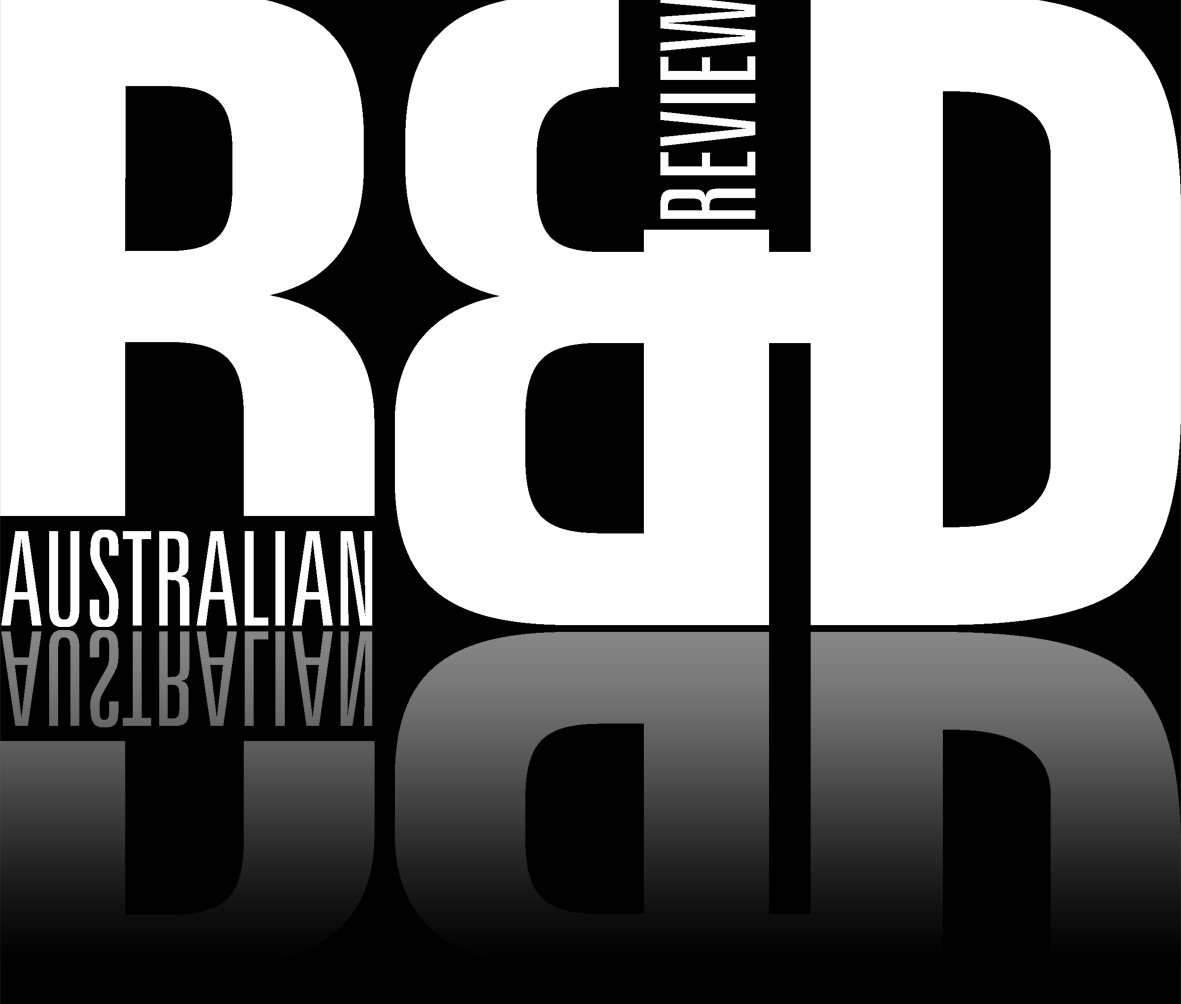

With another $28.7 million been awarded to 66 projects under the Australian Research Council’s (ARC’s) Linkage Projects grant scheme, the 2018 funding round is largely complete (under the program, submissions can be made throughout the funding year, with the latest announcement relating to submissions made between November and December 2018).
Linkage Projects cover the broad spectrum of Australian research, with the new funding supporting projects such as a study led by the University of New South Wales into how disadvantaged families access early childhood education, and a project led by the University of Melbourne that aims to illuminate genomic dark matter to develop interventions for parasites.
Collaborative leverage
The underlying objective of the scheme is, however, to encourage long term strategic research alliances of Australian researchers with partners across research, business, industry and community organisations. The funded projects must therefore include at least one partner organisation that also contributes cash and/or in-kind to the project, which leads to a significant leverage of the ARC’s funding.
According to the ARC’s selection report, the 2018 funding round awarded at total of $60.6 million to 140 projects. These include 346 unique partner organisations that have pledged to contribute a further $104.7 million (cash and in-kind), or $1.73 for every dollar funded by the ARC.
Culture matters


A major aspect of the program is also that it fosters international collaboration. The 140 approved projects have foreshadowed 134 instances of collaboration with researchers in 28 overseas locations. But while this indicates a diverse network of research linkages across the globe, the ARC data on instances of collaboration reveal that in the selection of partners Australian researchers still predominately target countries with Anglo-Saxon background.
That the greatest number of potential collaborations was with the US (27) may, to some degree, reflect its research strength. But with England (20) coming second, and Canada (10) and New Zealand (8) being on-par with the research power house Germany (8), and also China (11), highlights that cultural and language factors prevail to strongly influence the choice of potential partnerships.
Bear in mind that, according to recent data and analysis by the US National Science Foundation and the Nature Index, China was ahead of the US in total output of scientific publications in 2016, while Germany and China were second to the US in high-quality research output, with the UK ranked fourth.
Chances are good
According to the ARC data, in the 2018 round almost every third application (31%) was successful. This includes projects from fields of research that usually find it tough to get funded, the Humanities and Creative Arts, Social, Behavioural and Economic Sciences, which collectively had a success rate of 30.5%.
Given the comparably low success rate across other ARC grant schemes, such as the Discovery Projects, the flexibility of Linkage Projects and the relatively high chance of getting funded is an attractive bonus for researchers considering to apply.
Still a man's world
But getting to lead a Linkage Grant project, with often many different partners involved, is largely a domain of established researchers, and here the gender gap plays out. As the ARC data show, with approved projects leading researchers were twice as often male leading than female (despite similar success rates), and the gap was far more pronounced with older applicants.
Still, males dominate as leading researchers of Linkage Projects across all age groups which suggests the gender gap is not likely to be overcome any time soon.